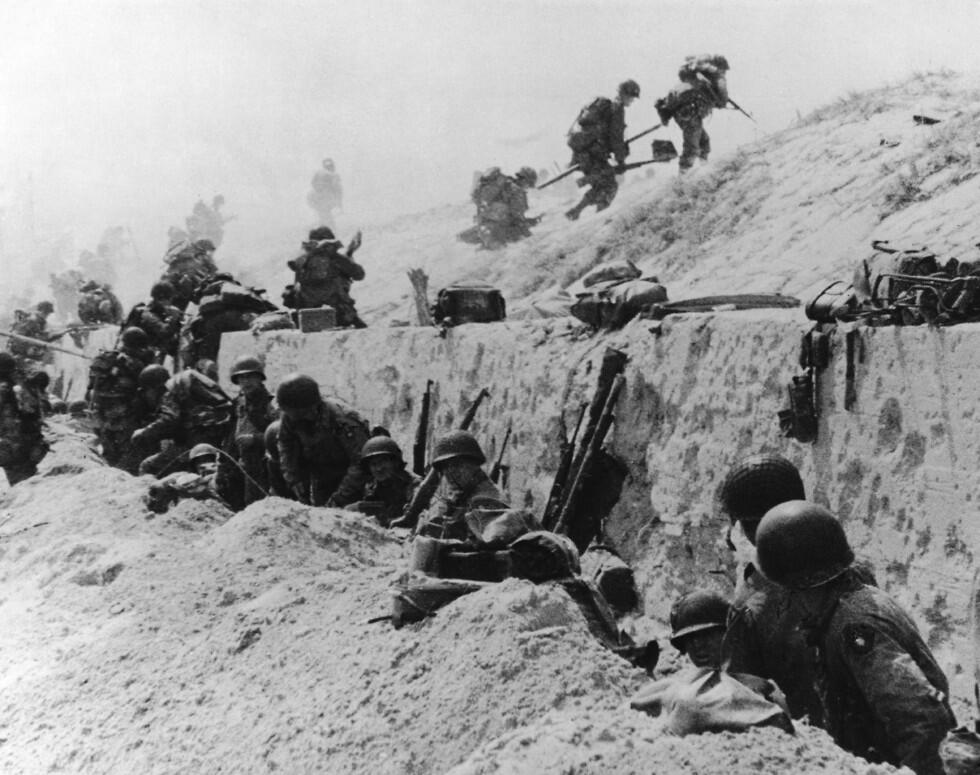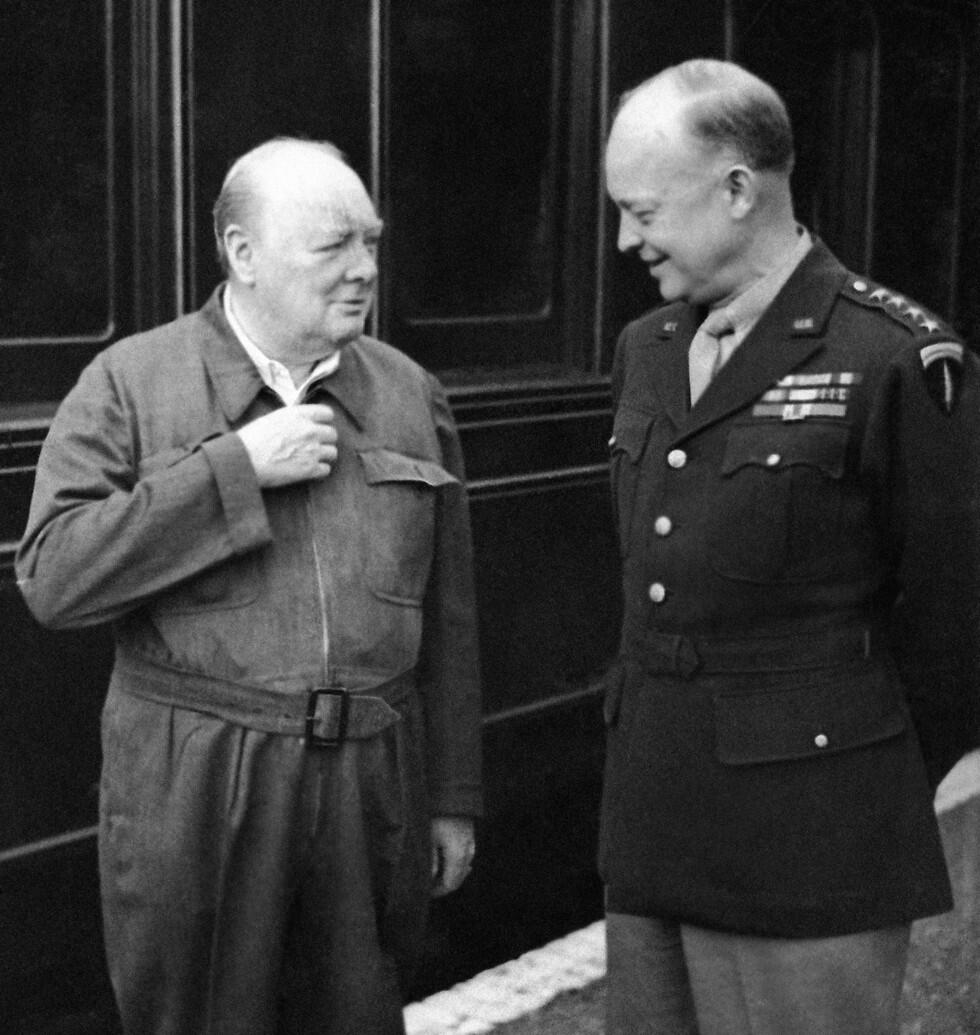Getting your Trinity Audio player ready...
The administration of Joe Biden and Kamala Harris is addicted to passively maintaining the post-1945 status quo, even as that status quo has already fallen apart. The administration has no strategy, and does not intend to develop one.
Therefore, the hopes pinned on modern America by Israelis, and others, are without foundation. It is time to disregard Biden and Harris, and fight to win.
With every day that passes, the Biden-Harris administration provides new evidence that it intends to remain passive in a futile attempt to maintain the present situation worldwide by doing nothing at all.
As an example, White House National Security spokesman John Kirby says that “we still believe there can be time and space for a diplomatic solution” to the Hezbollah attacks on the population of Israel, which have already lasted a year.
Even as he claims that the administration is doing “everything we can to try and prevent this from becoming an all-out war,” it is absolutely clear there is, in fact, nothing of substance that modern America can or will do.
To understand the depth of modern America’s strategic impotence, and the strategic crisis this has caused both for Americans and everyone else, it is helpful to understand how the post-war status quo was created, how the Second World War was in fact won.
The lost America of 1945
The United States led the Allies to victory over the Axis in the war by deploying overwhelming, and relentless, force.
6 View gallery


American soldiers fighting after the Utah Beach landing in Normandy, 1944
(Photo: Keystone/Hulton Archive/Getty Images)
The enemy capitals, Rome, Berlin and Tokyo, were bombed. Of these, much of Tokyo was simply burned to ash, by means of “500-pound E46 cluster bombs, with each bomb containing 38 M69 bomblets filled with napalm that was in turn ignited by white phosphorus,” in an air raid on the night of March 9, 1945, which killed more people, perhaps one hundred thousand, than any other air attack in history.
No one was concerned then, as the United Nations is now, that cluster munitions are particularly unpleasant weapons, or that white phosphorus, as Human Rights Watch is so keen to emphasize, is a risk to civilians.
Five months after the burning of Tokyo, the U.S. finished off Japanese resistance, and with it the Second World War, by annihilating the cities of Hiroshima and Nagasaki with nuclear strikes. These killed tens of thousands of people immediately, and left tens of thousands of others slowly dying from radiation sickness. The worst war in history was ended by the worst weapons mankind had ever devised. There was no discussion of de-escalation, no search for diplomatic solutions.
The defeated Axis countries were re-created in a form entirely different from their previous history. This process included the adoption of new constitutions, by Japan in 1946, Italy in 1947 and Germany in 1949. America and her allies had obliterated their enemies, and then remade them in their own image. Eight decades later, Japan leads the world in the number of American personnel stationed in the country. Germany is second in this ranking, Italy fourth.
This was how America achieved the status quo of 1945. By decisive victory without compromise, followed by the complete reorganization of the defeated societies, followed in turn by a close alliance with these societies anchored on a large and permanent physical presence of American forces. The problem is that the America of 1945 no longer exists, and it began to disappear in that very same year.
Eight decades of doing as little as possible
In 1945, America had defeated three dangerous dictatorships, but was formally allied to a fourth, the Soviet Union. There was no energy, no intention to confront the USSR.
Even with the war in Europe not quite over, in early May 1945, American general and later President Dwight Eisenhower was busy preventing his forces from liberating Prague, the capital of Czechoslovakia. Ike was wary of "international complications," the most modern of concerns. More simply, Stalin was insisting on grabbing Prague for himself, and the U.S. did not possess the fortitude to get in the way.
A month later, President Truman agreed to an amicable withdrawal of American forces to their assigned zone of occupation in Germany, thereby leaving East Germany, and all of Eastern Europe to more than four decades of Soviet domination.
Ever since, America has sought to preserve the existing situation, and take as few risks as possible. In no place in the world has this behavior been more pronounced, or had worse consequences, than on the Korean peninsula. This serves as an excellent example of the overall trend, and of the depth of crisis in which America now finds itself.
Korea was casually divided into two zones of military control in 1945, another place where the United States agreed to share an occupation with the Soviet Union. In this case, the Americans had no intention of staying. In the middle of 1949, almost all American forces were withdrawn. A year later, Kim Il Sung’s puppet North Korean regime invaded the South. This was the first catastrophic American failure in Korea.
The United States was forced to lead an international coalition to redeem Korea, and do most of the fighting. Initially, this was successful. By late October 1950, almost all of Korea was under Allied control. Then everything fell apart. China launched a great offensive, American forces were caught unprepared, and in January Communist forces captured Seoul, again. This was the second catastrophic American failure in Korea.
American and Allied forces did liberate Seoul for a second time, but they did essentially nothing else. For two years, from July 1951 to July 1953, the Allies pursued a very modern pastime, cease-fire negotiations. Once Stalin died in March 1953, these negotiations led to an armistice, which left the Kim regime in place, and the general situation in Korea worse than that before the Communist invasion of 1950. This was the third catastrophic American failure in Korea.
For forty-four years, until 1994, the situation remained essentially as it was, even though the Soviet Union and the Eastern bloc in Europe had collapsed.
That could have been an opportunity for the Clinton administration to make a fundamental change, to rid the world of the Kim dictatorship and reunify Korea. Instead, Clinton signed a so-called "Agreed Framework," which supposedly prevented North Korea from obtaining nuclear weapons, in return for plenty of fuel and other inducements.
Of course, the Kim regime pocketed the inducements, and then left America hanging and withdrew from the Non-Proliferation Treaty in January 2003. America had saved the regime during a critical period when it was weak, and had obtained nothing at all in return. This was the fourth catastrophic American failure in Korea.
In the two decades since the Kims stopped pretending to be interested in not making nuclear weapons, they have conducted six nuclear tests. They have also tested 13 intercontinental ballistic missiles (ICBMs), ten of them successfully.
Late last year, North Korea tested a road-mobile, solid-fuelled ICBM, the Hwasong-18, for the third time. The world’s most vicious authoritarian regime now has both nuclear weapons and the means to quickly launch them at distant targets.
6 View gallery


North Korean leader Kim Jong-un visiting a uranium enrichment plant
(Photo: AFP PHOTO/KCNA VIA KNS)
It is entirely unsurprising that this latest missile resembles Russia’s Topol-M, yet experts are still busy asserting that “the USSR and now Russia have had a pretty solid 60-plus-year track record of not deliberately providing countries other than China with… strategic missile technology.”
North Korea’s nuclear and missile programs are expanding uncontrollably, while the United States is not even attempting to develop an effective response. This is and continues to be the fifth catastrophic American failure in Korea.
In Korea, but far from only in Korea, the clock has run out on America’s eight decades of pretence, of year after year doing as little as possible, or nothing at all. It is simply impossible to take the American foreign policy or national security establishment seriously based on the Korean example, of one catastrophic failure after another, with no self-examination by the leaders of the United States.
What Israel, and others, should do
The case of Korea is just one of several. There are broad similarities when looking at American policy toward China, Iran, Russia and Pakistan, among others. American policy toward Iran, in particular, has simply ceased to exist.
Secretary of State Antony Blinken, who is showing a catastrophic incapacity to lead efforts against Hamas, as I have previously written, freely admitted that Iran can produce enough material for a nuclear weapon within a couple of weeks. Yet, he claimed that the U.S. intends to stop Iran from having such weapons.
Iran has listened, taken note, and openly displayed a new missile named "Jihad" at a parade in Tehran. A rather succinct method of demonstrating its contempt for Blinken and his cabinet colleagues.
America’s leaders, or rather the empty vessels who nominally occupy the positions that should be held leaders, have become a parody of themselves. They talk of diplomacy without end, while aggressive regimes expand the danger that they pose to the free world, without limit.
The discussions that Israel, among other countries, holds with American officials, are void of purpose. These officials are interested in getting Kamala Harris elected president, in less than fifty days, and very little else.
When someone like Ron Ben-Yishai, an Israeli military correspondent with decades of experience, writes with hope of “a U.S.-brokered deal that would allow tens of thousands of internally displaced Israelis to return,” he is simply building castles in the air.
The Biden-Harris administration cannot broker anything, even if it wanted to. It has no authority, no credibility, and no intention of gaining either. It seeks victory in the election, and a quiet life thereafter. Those Israelis who pin their hopes on this America need to look away from the clouds and see the harsh reality on the ground, both in the Middle East and elsewhere.
Israel, and every other country whose existence is threatened, does not have the choice of waiting for today’s America to become the America of 1945 again. The only possible choice is to fight and win, relying to a limited degree on indirect American support, but rejecting the illusion that the United States either is now or will soon be a reliable and effective ally.
The gangster regime in North Korea already has both nuclear weapons and ICBMs. Israel’s existence directly and immediately depends on not allowing Iran to obtain the same technology. Israel can only achieve this if it stops paying attention to the empty promises of empty-headed people in Washington.
- Dan Zamansky is a British-Israeli independent historian and author of The New World Crisis, a Substack analyzing the problems of today.






